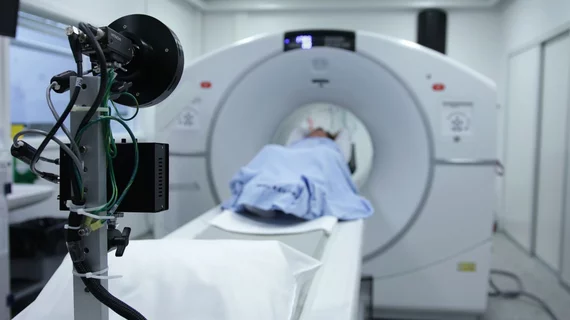Deep learning model predicts Alzheimer's using routine MRI exams
Experts recently developed and validated a deep learning model capable of predicting Alzheimer’s disease (AD) using routine MRI scans of the brain [1].
The model was developed by a team of researchers from Massachusetts General Hospital and was trained on more than 37,000 images of patients both with and without AD. When put to the test, the new model was able to predict Alzheimer’s risk with 90.2% accuracy—something experts involved in its development suggest could lead to more accurate diagnoses and risk assessments.
“This is one of the only studies that used routinely collected brain MRIs to attempt to detect dementia. While a large number of deep learning studies for Alzheimer’s detection from brain MRIs have been conducted, this study made substantial steps towards actually performing this in real-world clinical settings as opposed to perfect laboratory settings,” Matthew Leming, PhD, an investigator at the Massachusetts Alzheimer’s Disease Research Center said in a prepared statement.
Some of those steps referenced by Leming include making the model “blind” to imaging features indicative of age since AD is often associated with older individuals, and the use of an uncertainty metric that helped to identify exams that were too different from the rest of the data to base predictions off of due to the use of varying equipment, protocols, etc.
In total, the research involved 11,103 images from 2,348 patients at risk for Alzheimer’s disease and 26,892 images from 8,456 patients without Alzheimer’s disease. These images spanned five datasets from real-world clinical settings across multiple timeframes and facilities.
Leming suggests that the diversity of the data is what sets this model’s impressive accuracy apart from others.
“Our results—with cross-site, cross-time, and cross-population generalizability—make a strong case for clinical use of this diagnostic technology.”
Details from the study are published in PLoS One.

